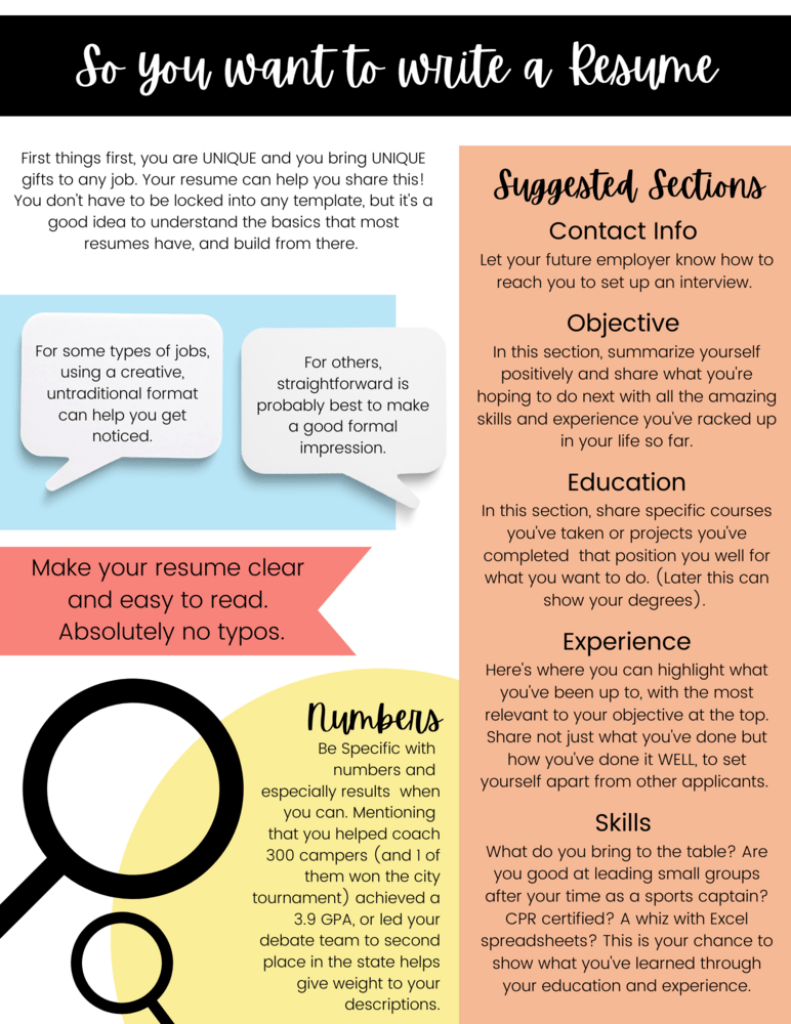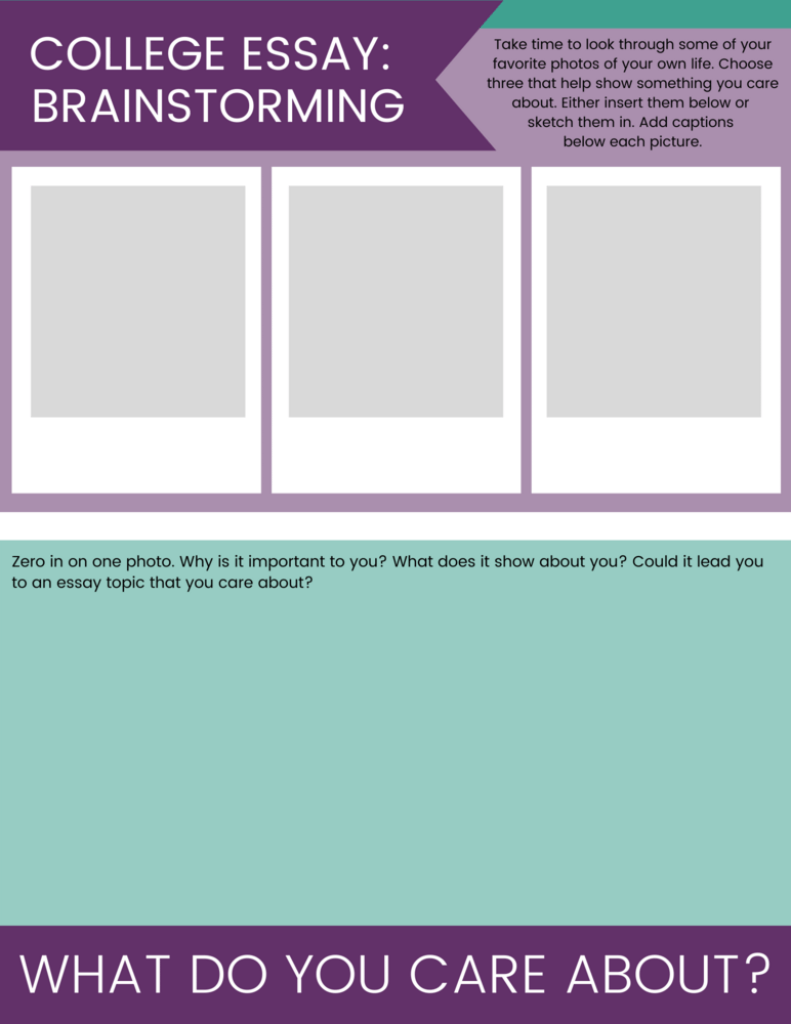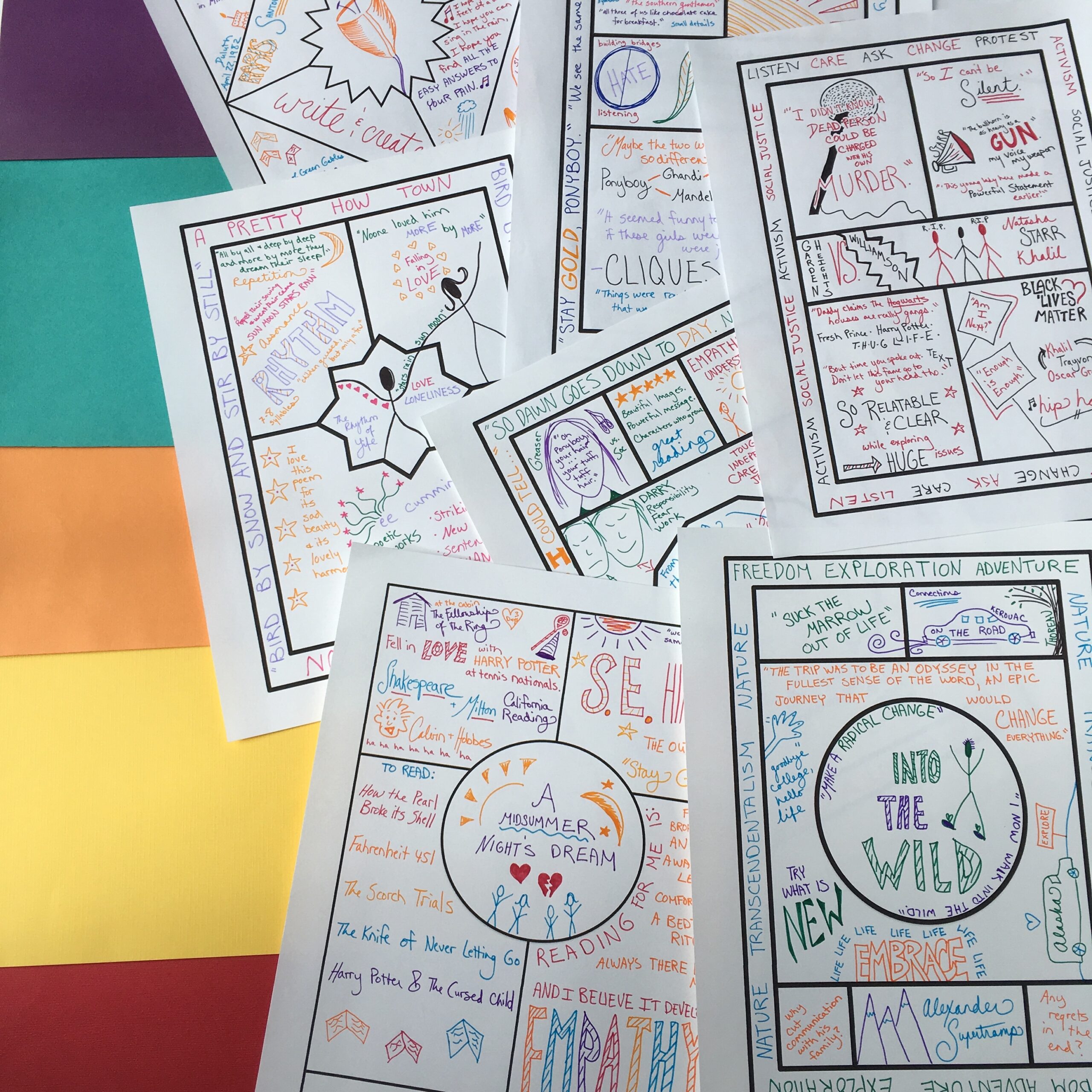
I have to admit that even though I wrote three college essays, got into college, went to college, got my graduate degree in English and taught English for many years, I never really understood the college essay until a year ago. When I listened to this workshop on this very podcast, given by two high school college counsellors and two experienced university admissions officers.
Sure, I knew that the essay was a chance for kids to show off their writing skills and share about themselves. I knew that specific, vivid examples and clear writing were important. But I didn’t really understand the one message that came through in all caps from the workshop – that students should write about what they actually care about – there’s no secret mystery topic that colleges are actually hoping to hear about.
So it won’t come as a surprise to you that I think you should start your college essay unit by playing this workshop, but then what? Once student know what colleges ACTUALLY want from their essay, how can you help them write it? Well, that’s what THIS podcast is for. To give you a step-by-step plan for helping kids write their essays this fall.
By the way, I’ve created a curriculum set to help you out with teaching the college essay. You can sign up for the free kit right here.

You can listen in to this episode below, click here to tune in on any podcast player, or read on for the full post.
Start with the College Essay Workshop
Start your unit with episode 160 of this podcast, and let students hear what makes the best college essays straight from the experts. Have students use the sketchnotes template in your free curriculum set to take notes on their main takeaways from each of the four speakers.

After student listen and complete their sketchnotes, have everyone work together on a big anchor chart of workshop takeaways on your whiteboard, chalkboard, or wall that you can keep up throughout the unit.

For Kids Not Going To College Right Now
A quick note here about kids who say they don’t want to write college essays because they’ve planned a different future. There are several ways you might let them choose their own adventure during a college essay unit.
One option would be to suggest they do this work anyway, in case they change their mind later, or apply to any type of program or job that requires a personal statement.
Another would be to let them use the time to move through an alternate set of curriculum – perhaps to create a resume and schedule job interviews, or to create another type of personal writing.

Take a Look at Mentor Texts related to the College Essay
Once kids understand what they’re hoping to achieve with their college essay, another helpful step is to look at some examples of personal writing. There are so many mentor texts out there to choose from. In the examples below, students are exploring a time-lapse video essay called “Enryo” and a piece from the online collection Humans of New York.


But of course, you could also use actual college essays, or other personal writing that you love. Help students explore strong elements of the personal writing like the way the pieces start, show specific and vivid example, portray personal evolution and end effectively.
Time to Brainstorm for Students’ Own College Essays
Of course there are a million different ways to brainstorm before writing, but here are three possibilities.



Workshop One: Imagery
Have students think about their life in images. Maybe they look through their phone photos, their sketchbook, or their parents’ photo books of their younger years. Invite them to find three images that show important pieces of themselves. From there, they can start to write about the image that is most powerful, or write a little about them all just to being building a library of ideas.
Workshop Two: Soundtrack
Here again student can think about their senses. What playlists, albums, records, music videos, etc. have played a big role in their lives? Invite them to spend time choosing a song or several songs that have woven through their experiences, and then think about whether those songs lead them to topics they really care about.
Workshop Three: Timeline
For this brainstorming workshop, invite your students to create a timeline of important moments in their lives, starting when they where young. Then they can consider, do any of these moments – alone or together – lead them to a topic that’s really important to them?
Reinforcing the Importance of Specificity in College Essays


As students narrow in on topic ideas, you might want to revisit the topic of specificity. Helping kids remember that specific examples and details are what will really show who they are and how they’ve evolved is so important. You might go through some examples of vague descriptive language or even full vague paragraphs and have student pairs or small groups work through how to rewrite them with specific (imagined) details.
Drafting College Essays
Once students have chosen topics, they may feel a little overwhelmed about where to start. Brainstorming and workshopping from different angles can help. You might want to revisit some of the same multimedia angles from earlier, guiding them to explore photos, videos, drawings, papers, music, etc. from their lives that relate to their chosen topic and even create a timeline style representation of how the topic has shown up in their life and impacted them.



Eventually, they’ll need to start playing with how their memories, stories, and examples can fit together to show an element of who they are and how they’ve evolved. And they’ll need to make choices to show truly vivid powerful moments (or even one vivid powerful moment) rather than a long retelling of every aspect of their life related to their topic.
Peer & Self Editing of College Essays
As students work on their pieces, build in a day for self-editing and another one for peer-editing, referencing back through your checklists and guiding questions to the original expert workshop and anchor chart on your wall. Have students written about what they truly care about? Is that obvious? Does it sound like them? Is it full of vivid, memorable, specific language? Does it avoid the trap of simply trying to please some admissions officer?


Bask in your Success
Once students are finally done with their essays or resumes/job applications, it could be a good day for a small celebration!
You might create a bulletin board with pictures from colleges and careers students are interested in (and maybe QR codes to some scholarship applications), share your own college and career experience and advice, or even invite a few speakers in (alums? parents? the college counsellor at your school?) to talk about the transition to college or career and what helped them in their first year out of school.
Don’t forget, you can pick up the free curriculum set for the college essay right here. And Lighthouse members, you’ve got all the handouts pictured in today’s post in the “College and Careers” section of our membership.


























